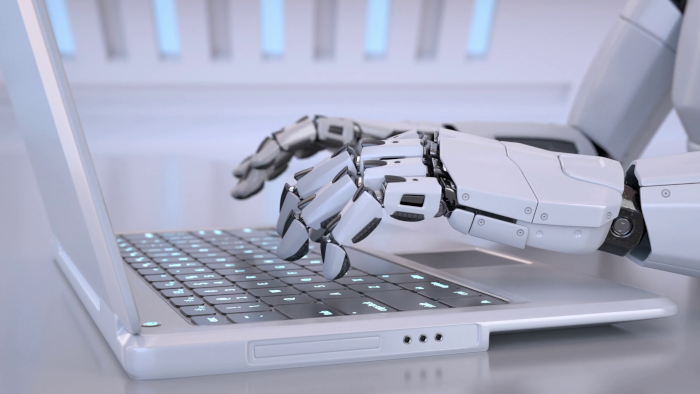Last weekend, I was talking with a friend about the usage of Generative AI by some of her university students. She was concerned about the impact of these tools on their writing skills, as they are missing key years of practice that will help them develop this skill.
Although I can understand her, I can also empathise with these students. When I was in primary school, I asked my maths teacher why I needed to learn to do multiplications and divisions if the calculator could do them for me instead, and way faster. In all her wisdom, she explained to me that if I just used the calculator, I would never actually learn, and I would always rely on a calculator.
I could not but relate this to the usage of Generative AI by new software developers, as the same issue my teacher was describing is happening now. I am convinced that to really become a senior developer, people need to spend some time writing and debugging code by themselves rather than telling an AI to do it on their behalves. It’s these hands-on and hard work experiences that really turn junior engineers into senior engineers.
However, this is becoming really tricky. From what I have observed from different sources, some companies seem to be focused on having results now, neglecting an investment in people. These companies are encouraging everyone, including junior devs, to make heavy use of AI to have faster results. Although I can understand this, I believe that they should also invest in the medium and long term, which means allowing inexperienced engineers to gain valuable experience, even if that means taking longer to complete their tasks.
At the same time, I recently read that some companies in technology are investing more in AI than in new junior hires. If this turns out to be true, I believe that that’s another huge mistake. The experienced engineers of the future are the junior engineers of the present. They need an opportunity to get real experience, but the need for profit now is delaying this.
I’ve heard some people believe that this won’t be a problem, as generative AIs will soon replace the need for software developers. I don’t think that this will happen in the foreseeable future for the following two reasons:
First, given the way generative AI works, it is just not capable of achieving the high creativity levels required to write software. If you write code, you’ll know that our job is more than just hitting keys to spit code. Assuming that the requirements are complete, correct and clear (spoiler alert: they never are), it requires some mental effort to find a way to fit those requirements into an existing application. And many times, due to how the application is built, we are forced to change the requirements. AIs are nowhere near getting to this point with the current technology.
Second, a technology breakthrough that provides AIs with a way to be as creative or more than human beings would be a huge issue for modern society. Every single profession would be impacted, not just software engineers. In order to stop society from collapsing, some restrictions will have to be put in place.
For those two reasons, I strongly believe that any impact on current hire rates is just temporary, but I don’t know how it might last. This doesn’t mean that AIs will go away, but that investment in people will eventually go back close to pre-AI levels at some point.
We need to embrace AI to make the best of it. We need to learn how to use it. However, just as students should use it to learn rather than just get good marks, junior devs should also use it to upskill themselves, not as a do-it-for-me tool. Senior plus engineers should use their experience to use it wisely. And companies should remember that their biggest assets are not machines or technologies, but people.
Cheers!
José Miguel
Share if you find this content useful, and Follow me on LinkedIn to be notified of new articles.

